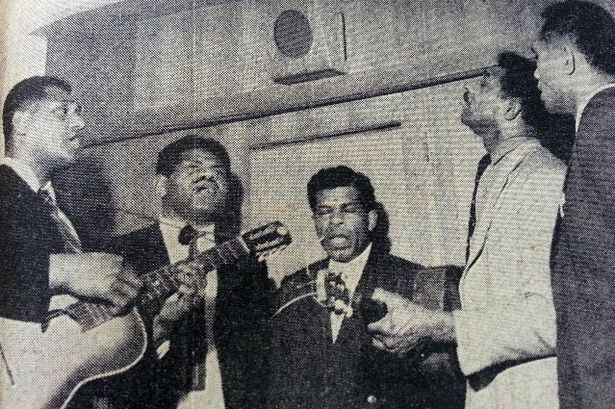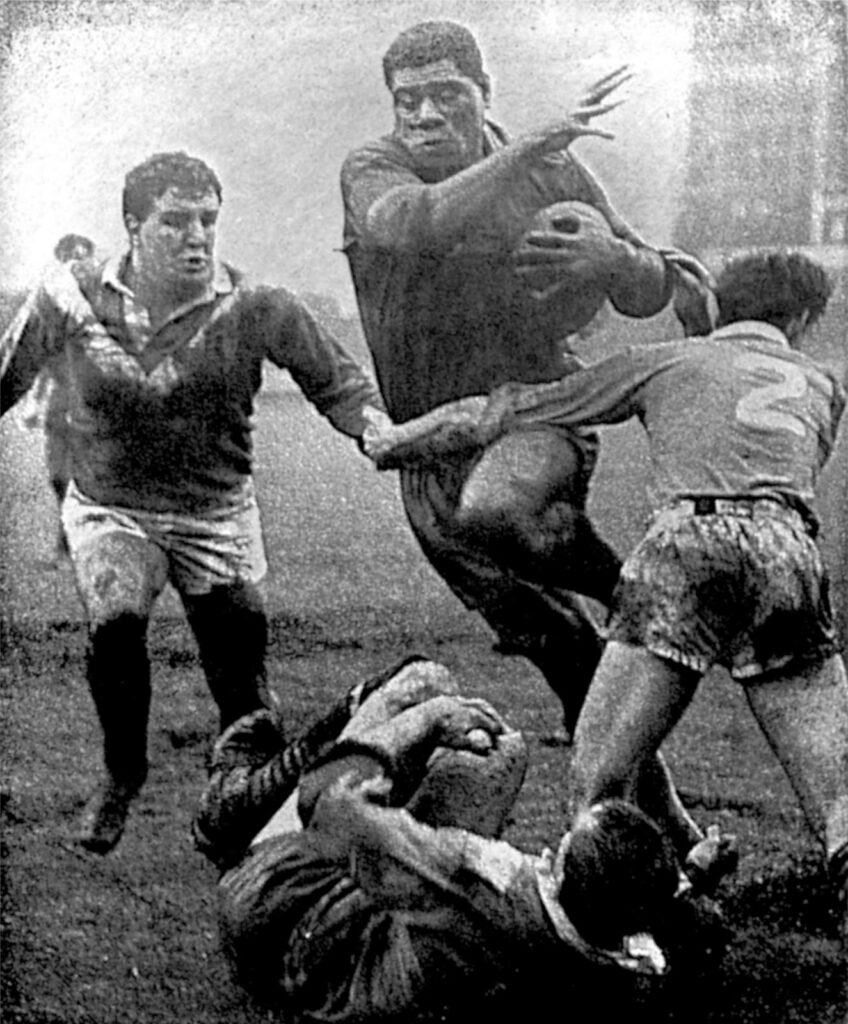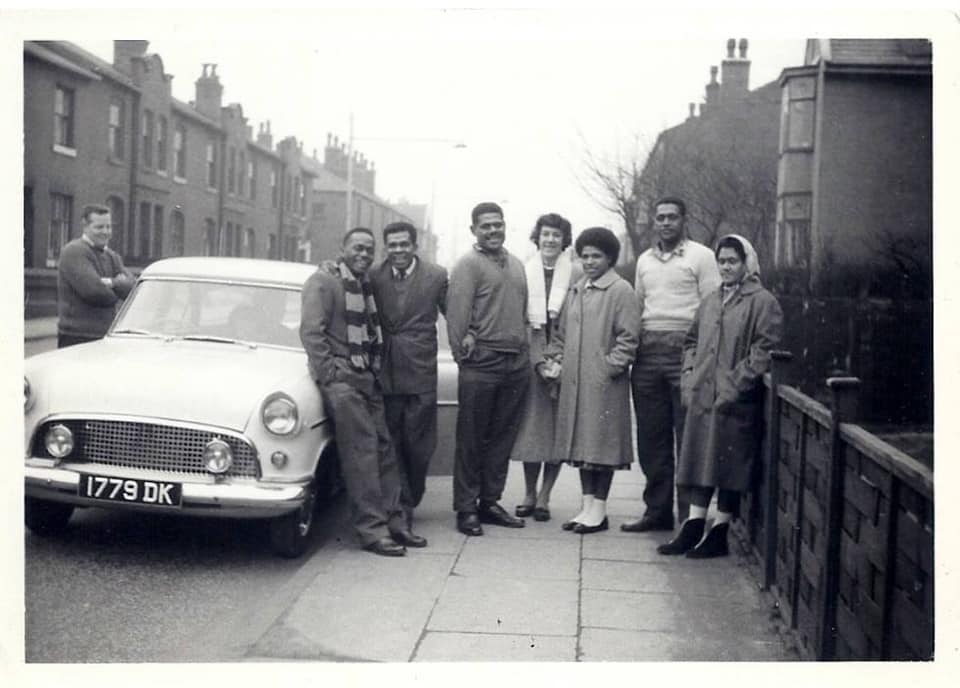Hornets and the Fijians

Famous for coral diving, for white sand beaches and a cornucopia of flora and fauna, the Fiji Islands, set in the South Pacific are promoted by their tourist agencies as ‘the islands of happiness.’ With temperatures hardly dipping below 79 degrees and a tropical climate producing exotic food they seem a long way from Rochdale but sport provided a link between the two places in the 1960’s that has prevailed to this day.
Rugby is Fiji’s number one sport both in its union and the league varieties. In the past, young men (and now young women) could be seen running with the oval ball and kicking it with bare feet on Castaway Island or Honeymoon Beach, taking part in the Fijian equivalent of Brazil’s obsession with soccer.
A bridge to this country, and particularly to Rochdale, was made when Arthur Walker, the chairman of Rochdale Hornets, was in Australia with the Great Britain team where he watched two Fijians, Joe Levula and Orsi Dawai, playing rugby union with such energy and power that he saw their potential within rugby league. An old tribal law forbidding emigration except for educational purposes had come to an end so Walker placed an advert in a Fijian newspaper seeking players for the Hornets. In 1961 Levula and Dawai, defying the wishes of the Fijian Rugby Union, applied, were successful and arrived in Rochdale in 1961, 2000 spectators turning up on an October evening to watch them in a reserve team game. A few weeks later they were in the first team, Levula a 6 foot 4 and 17 stone athlete, a revelation to the crowd and to the sport, earning his nickname ‘the flying Fijian.’
Following this initial success, the Hornets saw Fiji as a rich seam of talent and soon returned there for more players, recruiting Voate Drui and Ravouvou. At first, the Fijians all lived in the same house in the Newbold area where they were welcomed and well-treated, Voate claiming that it was ‘like being given a stick of gold’ albeit experiencing the cultural upheaval of moving 10000 miles to the north of England, not to mention to the cold weather ! The press made much of this cultural difference, picturing the players kicking goals at the Athletics Ground in their bare feet or writing about the specially-made boots to fit their large feet. Regardless of these publicity stunts, the Fijians took to Rochdale and Rochdalians took to them.

The first group of Fijians were joined by another rugby union star, Apisai ‘Api’ or ‘Harpie’ Toga in 1964. An enormous man, he played second row for Hornets for two seasons before he was recruited as the first Fijian in Australian rugby league, for the St George Dragons team of Sydney. Api Toga was described by Hornets fans as ‘a true rugby league hero.’ Sadly, in Fiji in the off-season between 1972-73 Toga cut his foot on coral and barbed wire whilst diving in the sea, resulting in his death on 27 January 1973 through tetanus poisoning. This was a sad loss for the world of rugby and for the teams for whom he played. Rochdale particularly mourned his passing.

Toga was followed in 1965 by Mike Ratu (Senior) who joined the group at the club via the Royal Signals in the British Army. Ratu settled and married a Rochdale girl. He said that the people of Rochdale – which he always called ‘his village’ – took the Fijians into their hearts, so much so that three generations of the Ratu family have not only lived in the town but have since turned out for Hornets. Further signings, Burogolevu, Dolo and Kucuve followed in the 1960’s making the Fijians the largest community from those islands outside of London. With them they brought not only their athleticism to Rochdale but their culture as well, forming a musical group which performed in clubs around the town.
An association of Rochdale Fijians (RFA) was set up in the early 1970’s and Voata Drui, one of the first to come to Rochdale is a key member, still living here at the age of 81.
The Fijians who came might have exchanged the white sandy beaches of Fiji for the rain-soaked pavements of Rochdale, but within that exchange was a degree of friendship and admiration, of community welcome and cultural bonding which can and must be replicated with all those who choose our town as their home.